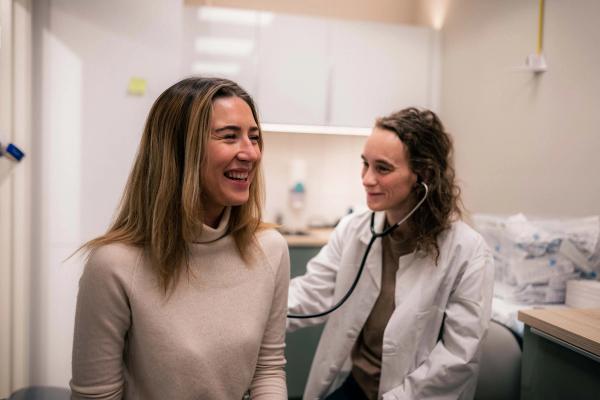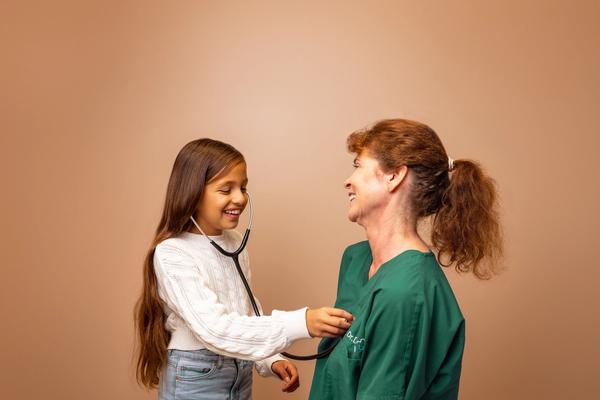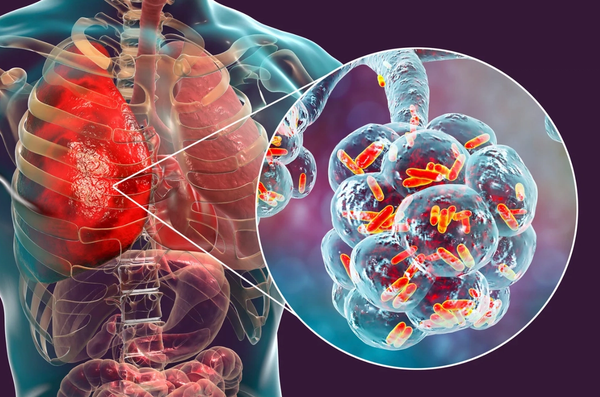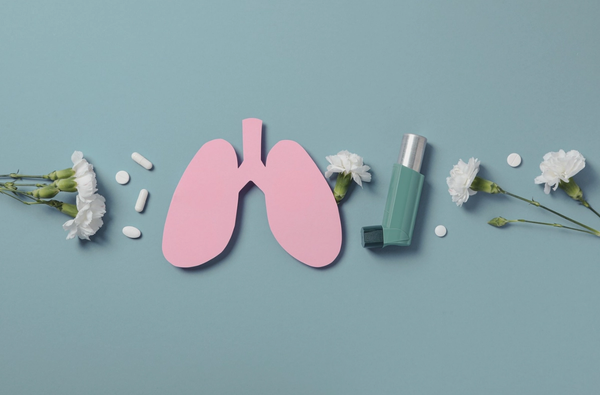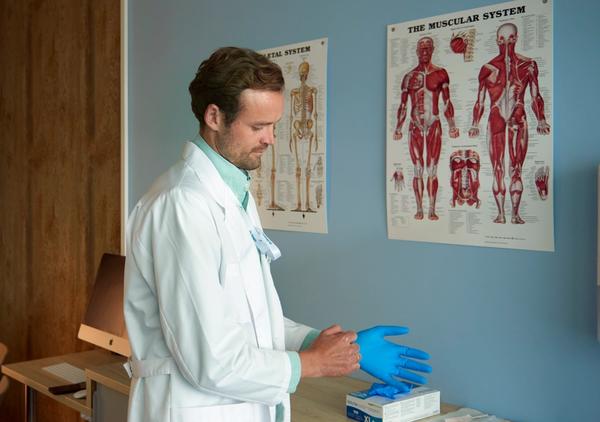Pneumonia
Pneumonia - Causes, Symptoms, Risk Factors, Examination and Treatment
Pneumonia is an inflammation or infection of the lung tissue. Young children and the elderly are most often affected, and most often in the winter. The severity varies greatly from a mild cold to the need for hospitalization.
Pneumonia can be caused by viruses, bacteria, fungi, or parasites, or if you are unlucky enough to breathe something into your lungs, this can also cause inflammation.
Book an appointment
